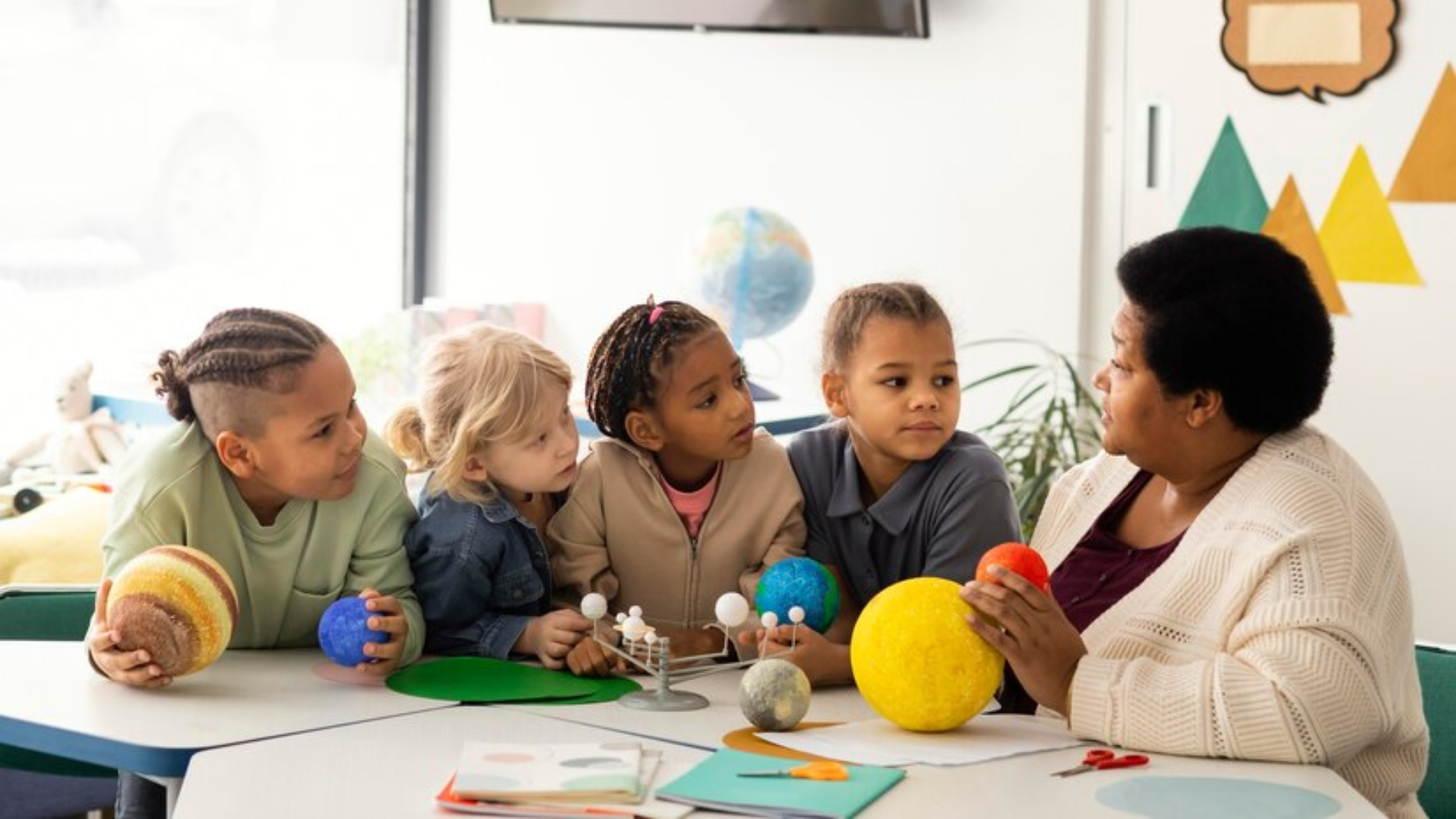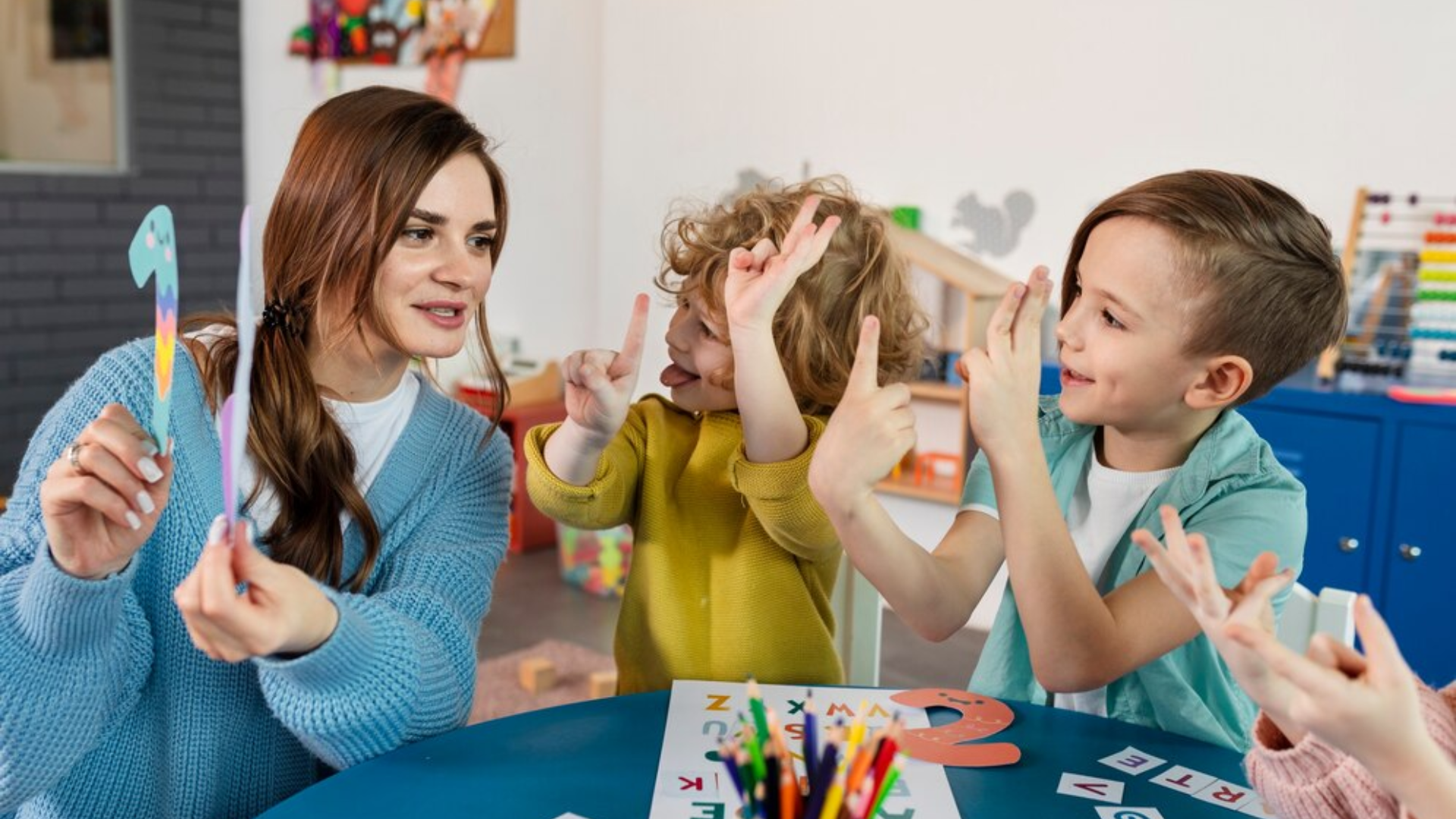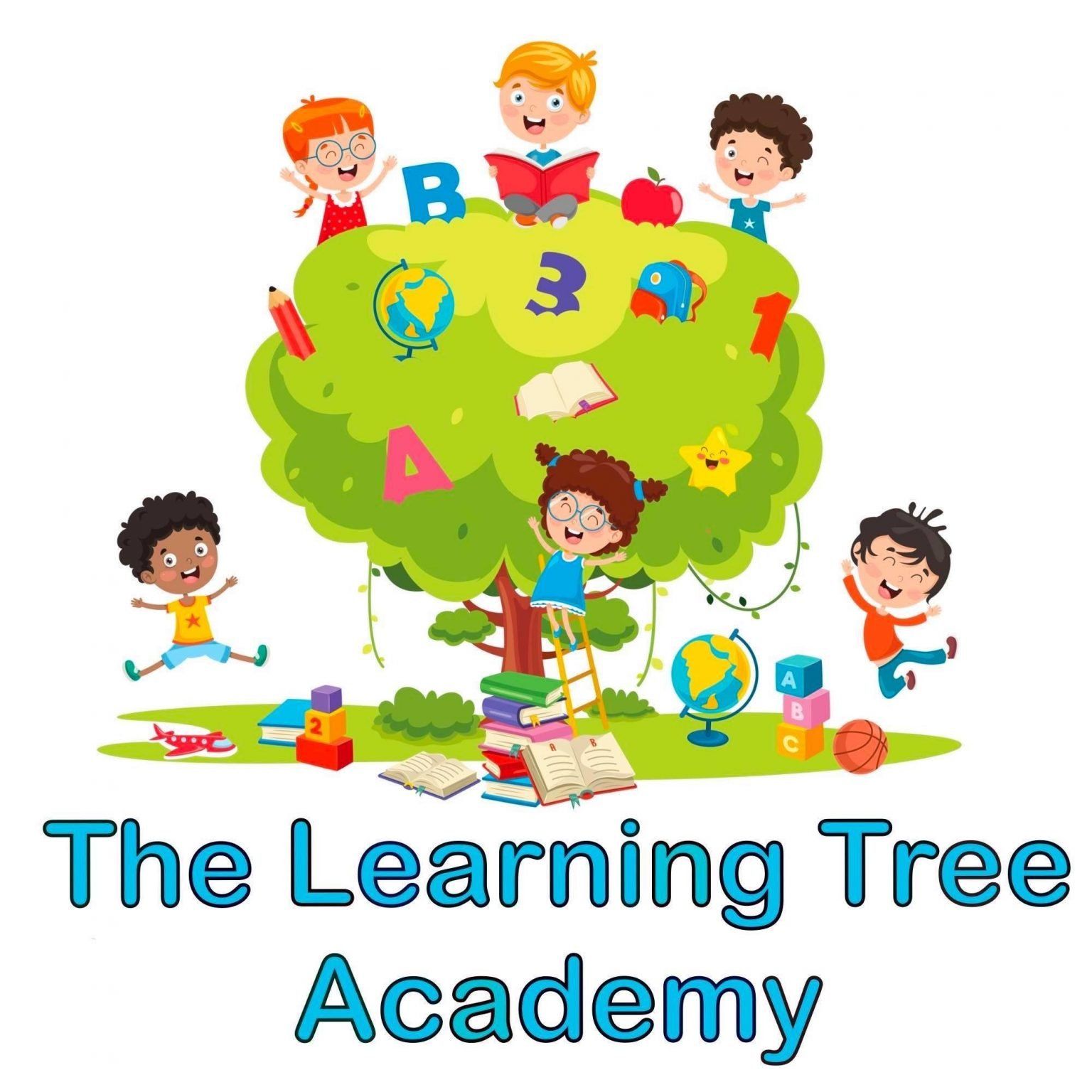The Science Behind Early Brain Development: Why Preschool Matters

As parents, we all want the best for our children, especially when it comes to their education and development. One of the most significant periods of growth occurs during the early years of a child's life, a time when their brain is undergoing rapid development. The experiences children have in these formative years, particularly in their preschool years, lay the foundation for their future learning, emotional well-being, and even their lifelong success.
At The Learning Tree of Palm Bay, we understand the importance of these early years and the profound impact that early education can have on a child’s development. In this blog post, we’ll dive into the science behind early brain development and explore why preschool matters so much for a child’s future.
The Incredible Growth of a Child's Brain in the Early Years
The first five years of a child’s life are considered the most critical period for brain development. During this time, a child’s brain forms trillions of synapses (connections between brain cells) at an incredibly fast rate. In fact, by the time a child turns three, their brain has already formed 80% of the connections it will use throughout their life. The brain is like a sponge, absorbing information and experiences from the environment, which influences the development of cognitive, emotional, and social skills.
What’s even more amazing is that during this critical window, the brain's ability to adapt to the environment is at its peak. It is during these first years that children’s brains are most susceptible to external stimuli. This is why early interactions with caregivers, family members, and teachers play such an important role in shaping a child's development. Positive early experiences can actually alter the brain's structure and functioning, making it more adaptable and better equipped for future learning.
Why Preschool is Critical for Early Brain Development
Research has shown that the early childhood years are the most important time for building the brain’s foundational networks. This is why preschool education is so crucial—it provides an environment where children can engage in activities that promote learning, creativity, and social skills. Preschool is not just about academics; it’s about providing a rich, stimulating environment that helps the brain develop in ways that prepare children for future success.
At The Learning Tree, we recognize the importance of early childhood education in promoting healthy brain development. Our preschool program is specifically designed to meet the developmental needs of children during these crucial years. Here are some ways preschool supports the development of a child’s brain:
1. Building Strong Neural Connections Through Play
Play is one of the most essential activities for brain development during the preschool years. Play-based learning is grounded in the science of how children’s brains learn and grow. When children engage in play, they are not only having fun, but they are also building neural connections that support learning and development. Whether it’s building with blocks, engaging in pretend play, or playing a group game, children are using their imagination, practicing problem-solving, and refining their social skills—all of which are critical for brain development.
What’s important to note is that the more a child’s brain is stimulated through different types of play, the stronger and more diverse these connections become. For example, building with blocks stimulates spatial awareness and fine motor skills, while role-playing with peers helps develop empathy, language skills, and social understanding.
Play is also a natural way for children to develop critical thinking and creativity, which are key components of intelligence. Instead of following rigid instructions, children are allowed the freedom to experiment, make decisions, and solve problems. This fosters independent thinking and an ability to adapt to new challenges.
At The Learning Tree, we embrace play as a primary tool for learning. Our classrooms are filled with hands-on activities that encourage both guided and free play, allowing children to explore, learn, and develop essential skills at their own pace.
2. The Role of Positive Relationships in Brain Development
One of the most critical factors in early brain development is the quality of relationships children experience during the early years. Research has shown that positive, secure relationships with caregivers and teachers can literally shape the structure of a child’s brain. When children form secure attachments with their caregivers, they develop a sense of trust and safety, which is essential for emotional and social growth. This secure attachment also contributes to the development of the brain’s stress-response systems, helping children cope with challenges and regulate their emotions effectively.
A child who feels emotionally safe and supported is more likely to engage in learning opportunities, explore their environment, and express themselves openly. In contrast, children who experience stress, neglect, or inconsistent caregiving may have a harder time developing these neural pathways and may struggle with emotional regulation and behavior later on.
At The Learning Tree, our staff are highly trained in providing nurturing, responsive care that fosters these positive attachments. By offering a secure, emotionally supportive environment, we help children feel safe and valued, which is essential for their cognitive and emotional development. Our teachers take the time to build strong relationships with each child, encouraging them to express themselves, ask questions, and engage in classroom activities with confidence.
3. Enhancing Cognitive Skills Through Early Learning
As the brain develops, it becomes more efficient at processing and organizing information. Early childhood education, particularly preschool, plays a vital role in enhancing cognitive skills such as attention, memory, and problem-solving. Through activities like counting, sorting, reading, and hands-on exploration, children develop the foundational cognitive skills that will help them succeed in school and life.
One of the most important aspects of early learning is language development. The first few years of a child’s life are a critical time for learning language, and children who are exposed to a rich language environment tend to develop stronger language skills. At The Learning Tree, we encourage language development through interactive storytelling, songs, rhymes, and conversations. Our curriculum is designed to expand children’s vocabulary, teach them how to communicate effectively, and help them develop the early literacy skills they will need for reading and writing.
Additionally, our program integrates math concepts from the very beginning. Preschoolers are introduced to numbers, shapes, patterns, and measurement through playful activities that make these concepts feel real and engaging. The brain thrives when it is exposed to varied learning experiences, and our approach to cognitive development ensures that children develop critical thinking skills and an understanding of key academic concepts before they even enter kindergarten.
4. Supporting Emotional and Social Development
In addition to cognitive development, early childhood education also supports emotional and social development. During preschool, children learn to identify and express their emotions, understand social norms, and develop the skills needed to interact with others. This social-emotional growth is closely linked to brain development, as the brain forms pathways that allow children to regulate their emotions, navigate relationships, and respond to social cues.
Children who attend preschool are given ample opportunities to interact with peers, share ideas, work in groups, and practice empathy. These social experiences help children develop self-awareness, self-regulation, and empathy—all of which are critical skills for lifelong success. When children feel supported and understood in a preschool environment, their brains are better equipped to handle social interactions, manage frustration, and cope with challenges.
Moreover, emotional and social learning has a direct impact on academic performance. Research has shown that children who develop emotional regulation and social skills at an early age tend to perform better academically later in life. At The Learning Tree, we prioritize social-emotional learning, ensuring that children develop the emotional intelligence they need to navigate the world around them. Our teachers provide guidance on conflict resolution, emotional expression, and building healthy relationships, helping children develop the social skills they will need for kindergarten and beyond.
5. Creating a Strong Foundation for Future Learning
The foundation that is built during preschool lasts a lifetime. Early brain development has a profound effect on a child’s future academic and social success. Research has shown that children who participate in high-quality preschool programs tend to perform better in school, have higher graduation rates, and are more likely to develop strong problem-solving and critical thinking skills.
Furthermore, early exposure to learning experiences can have a lasting impact on a child’s ability to cope with challenges and persist through difficult tasks. The skills that children develop in preschool—such as resilience, curiosity, and a love of learning—are essential for future success in both academic and personal endeavors.
A strong foundation in preschool helps children not only in school but also in life. Children who attend preschool are better prepared to take on the challenges that come with growing up—both academically and emotionally. They are more likely to approach challenges with confidence, persevere through difficulties, and find solutions to problems.
Understanding the science behind early brain development highlights the importance of
play-based learning, which plays a pivotal role in fostering the cognitive, emotional, and social skills children need to succeed. At The Learning Tree, we ensure that every child is prepared for the future with a strong foundation for
kindergarten success, setting them up for lifelong learning and growth.
Conclusion: Preschool is an Investment in Your Child’s Future
The science behind early brain development highlights just how important the early years are for a child’s growth and learning. Preschool plays a crucial role in shaping the brain’s development and laying the groundwork for future success. At The Learning Tree of Palm Bay, we are dedicated to providing an enriching, play-based learning environment where children can grow, explore, and develop the cognitive, emotional, and social skills they need for lifelong success.
By focusing on the science of early brain development, we ensure that our curriculum is designed to foster growth in all areas of a child’s life—academically, socially, and emotionally. Investing in high-quality preschool education is one of the best ways to ensure that your child has the foundation they need to thrive in school and beyond.
As parents, when you choose The Learning Tree, you are choosing a program that is grounded in the science of early childhood development. Our goal is to provide each child with the tools, skills, and experiences they need to grow into confident, capable learners who are prepared for the challenges and opportunities that lie ahead.











